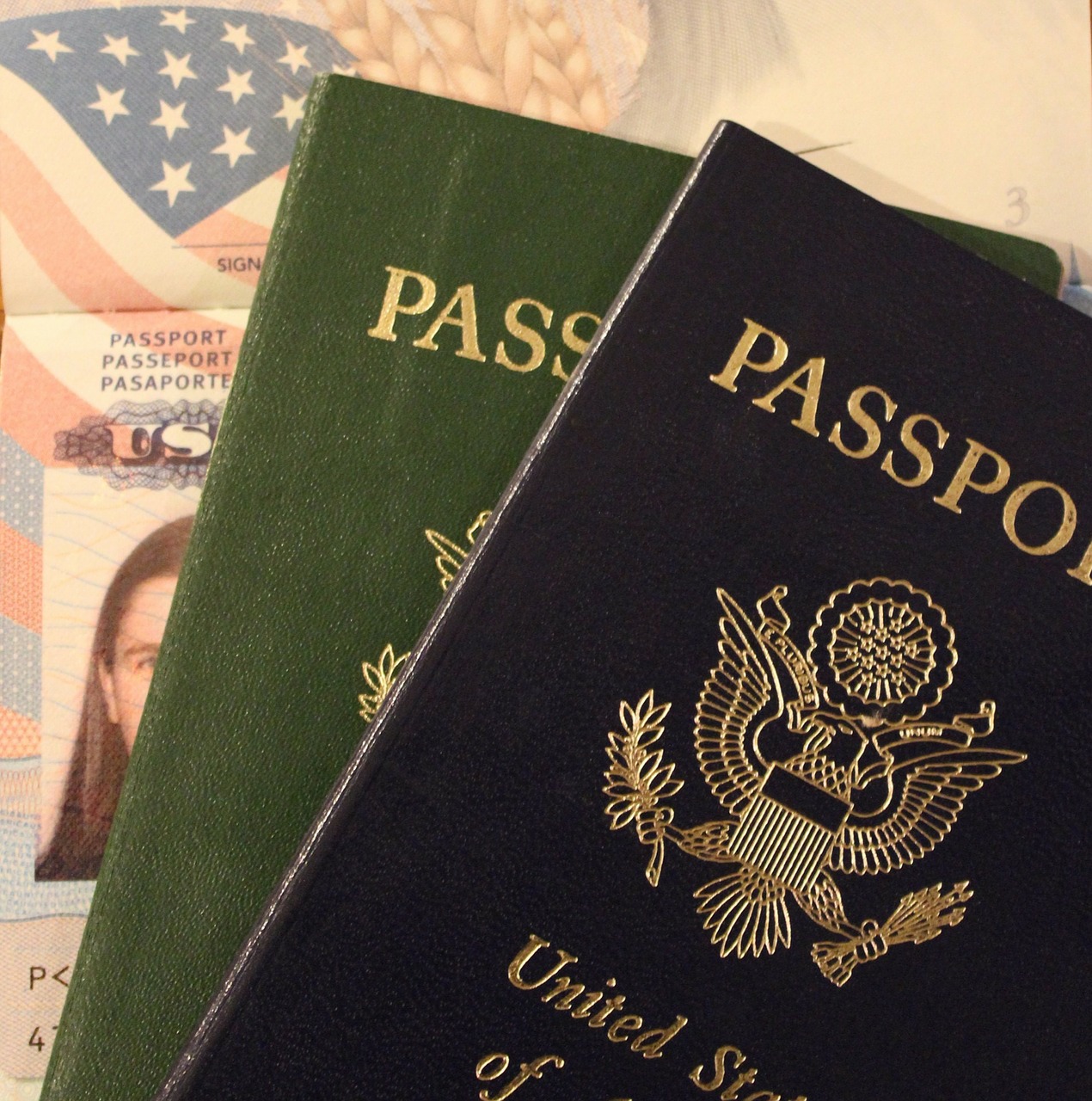In Fulmer, Buckinghamshire a village close to Gerrard’s Cross it was announced that a former church in the village had been bought for £2m, with a plan to turn it into one of Britain’s leading Shia mosques, assurances were sought about traffic and increased noise. But otherwise the new arrivals have been made welcome. The Muslim community faces an increasing threat from polarising clerics on both sides of Islam’s principal rival sects. The concern is rooted in increasingly vociferous opinions being expressed on both sides of Britain’s three million-strong Muslim community.
A leading mainstream Muslim group told The Independent yesterday it was concerned at the presence of “divisive and sectarian personalities” in Britain after it emerged that a controversial Saudi Sunni cleric, who was banned from entering Switzerland because of his extremist views and has frequently preached against “evil Shiites”, has been in London for the past week.
The respected Al Khoei Foundation, a mainstream Shia organisation which has drawn up a code of conduct to fight against Muslim sectarianism in Britain, said: “The Muslim communities remain concerned but vigilant about the possibilities of divisive and sectarian personalities being given the air of publicity in the UK. But we remain equally confident of our commitment to unity in the face of any hate speeches or crimes against us or against any community.”
Police were called to a demonstration in London’s Edgware Road last month led by Anjem Choudary, the former leader of the banned Islamist group Al-Muhajiroun. Participants in the protest held placards condemning the continued bloodshed in Syria and “the Shia enemies of Allah”. The violence at the heart of one of London’s most diverse Arab and Muslim areas has caused alarm in the wider community and was swiftly condemned by a coalition of Muslim groups, including the Muslim Council of Britain (MCB), amid growing concern that extremist preachers are finding fertile ground in sectarian tensions generated by the conflict in Syria.
In a joint statement, which singled out the “antics” of Mr Choudary, the MCB said: “Sunnis and Shias remain united in the UK and have a long-established history of intra-faith co-operation. We are acutely aware that the complex situation in the Middle East and Muslim world has the possibility of threatening that tradition… We should avoid hate and condescending speech and literature in our midst.”
David Cameron hinted last week that mosques seeking to ban extremist preachers could have their legal fees paid from public funds as part of a raft of measures being drawn up by a ministerial task force, which is also considering direct bans on so-called “preachers of hate” being given public platforms.






